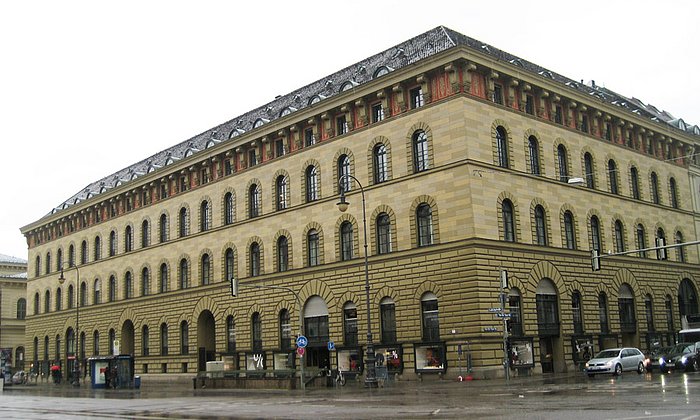TUM School of Governance: The perfect path to a new political science
Technological Politics, Political Technologies
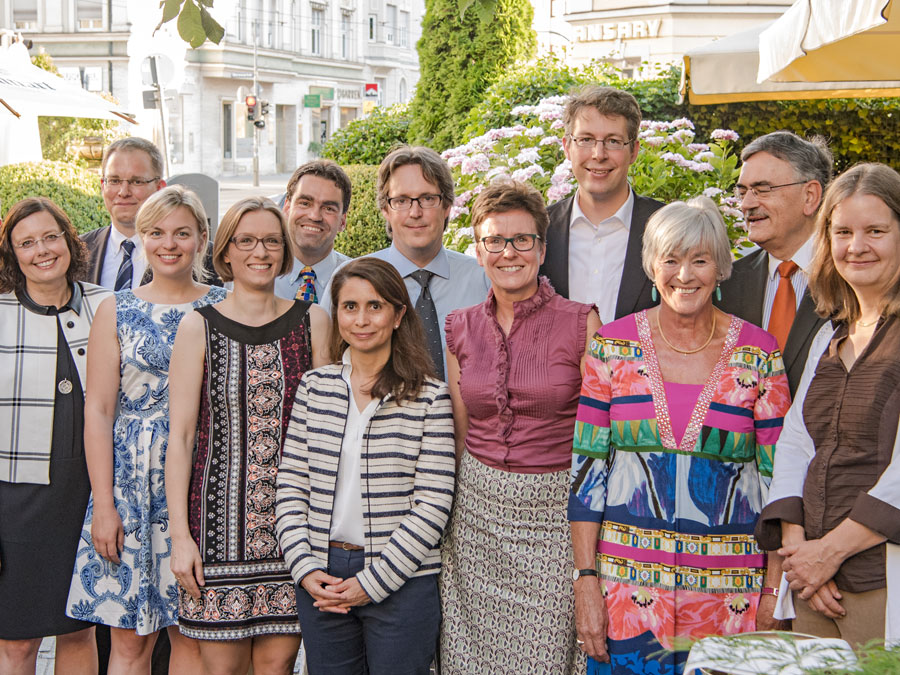
The TUM School of Governance consists of eleven founding professorships covering all the classic sub-disciplines of political science. This includes seven newly created professorships as well as social sciences professorships which will be transferred from other TUM departments to the new department.
The special profile of the TUM School of Governance: The overall research programming is oriented towards the interdependencies between technical progress and political processes. Examples here are the international comparison of politics with new energy technologies, the impact of social media robots on the political decision-making process and the regulatory policy framework for technical standards. Empirical research approaches are based on digital technologies which are available in many varieties at TUM.
"The rigorous orientation of our political science towards the challenges of the technicalized society is an international rarity," says Prof. Wolfgang A. Herrmann, President of TUM, pointing out the Georgia Institute of Technology in the USA. "There is an urgent need for political science to examine these questions not only in a small format, but also on a large dimensional scale and with direct interaction with the engineering sciences. The rapidly increasing influence of new technologies on all of our lives has turned technological issues in almost all fields of policy from marginal topics into decisive factors."
Political science students will learn engineering sciences
Accordingly the TUM School of Governance has set out to equip future movers in the fields of politics, administration and media with technological expertise. The demanding new Bachelor's degree program in political science is designed for just that, requiring a pronounced affinity for technology on the part of the student. In order to ensure a high-quality education, approximately 80 students from the first round of more than 200 applicants were admitted based on entry testing. Master's degree programs are currently in planning.
TUM / HfP double-professorships close the topical ranks
The seven new faculty members, chosen from among 350 primarily international applications, are simultaneously members of the Bavarian School of Public Policy (Hochschule für Politik München – HfP). The HfP continues to exist as a separate corporation, after the TUM legally became its host university 2014. The TUM and HfP double-membership will ensure seamless connection of the research and teaching programs of both institutions. The dean of the TUM School of Governance, Prof. Eugénia da Conceição-Heldt, is at the same time the rector of the HfP.
Research across department boundaries
The TUM School of Governance is the 14th department of TUM, although not the first social science department to concentrate on teaching and research with a pronounced focus on technology: Founded as early as 2002, the TUM School of Management today has 36 professorships and 4,500 students. The School was rigorously oriented towards the unmistakable profile of "management and technology".
In order to establish the mutual interdisciplinary relationship between science and engineering and social issues across department boundaries, in 2012 TUM founded the Munich Center for Technology in Society (MCTS), headed by sociologist of science Prof. Sabine Maasen. As an Integrative Research Center, the MCTS brings scientists from the widest possible variety of specialty cultures together and stimulates dialog with the public, the political sector and business.
President Herrmann is convinced: "At those points where the social sciences overlook technological progress, they often can only capture the subject of their research in fragmentary form, a fact which costs the social sciences a considerable portion of their effective force. And, conversely, when the engineering sciences pass society by, they will be unable to create new values. This is why TUM sees the perfect path to the future in integrative teaching and research concepts."
Inauguration in the Bavarian State Parliament
The Hochschule für Politik München (HfP) – Bavarian School of Public Policy will be inaugurated together with the corresponding new faculty, the TUM School of Governance, tomorrow, October 13 in a ceremony at the Bavarian State Parliament.
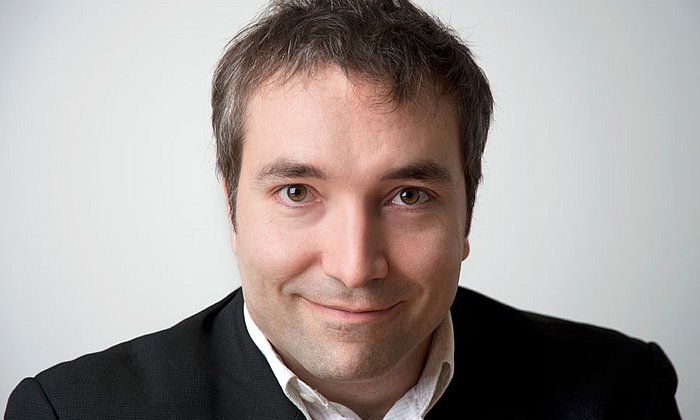
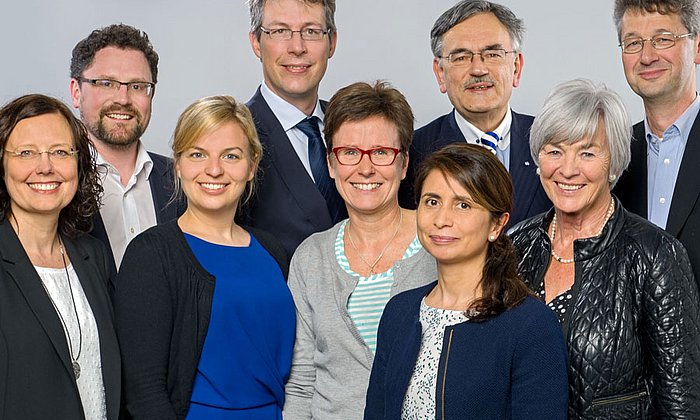
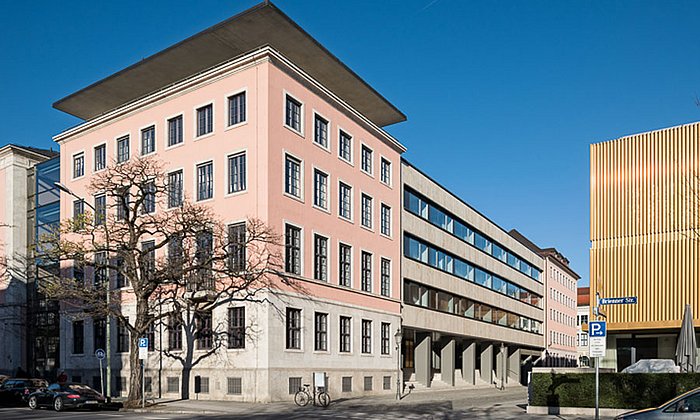
![[Translate to en:] Wie beeinflussen sich Politik, Gesellschaft, Wirtschaft und Technik gegenseitig? Das erforscht die Hochschule für Politik an der Münchner Ludwigstraße. (Bild: HfP) [Translate to en:] Gebäude der Hochschule für Politik an der Münchner Ludwigstraße](/fileadmin/_processed_/a/0/csm_150310_HfP-Gremien_6fb8d5b104.jpg)
